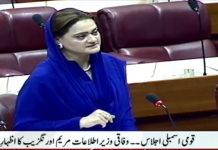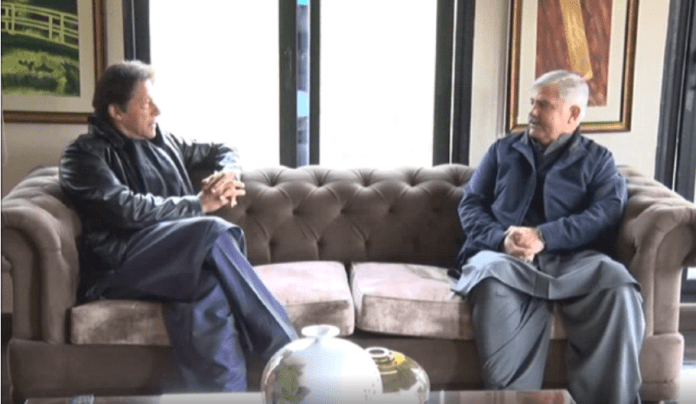مضمون کا ماخذ : قزاقوں کی کافی مقدار
NLC to work for industrial trade unions across Pakistan
KARACHI: The representatives of major trade unions and labour organizations from across Pakistan have launched the National Labour Council (NLC), a united/common platform of the labour and trade unions, their federations and other labour support organizations. The decision to establish a common platform was made at a National Labour Consultation held at Pakistan Institute of […]
KARACHI: The representatives of major trade unions and labour organizations from across Pakistan have launched the National Labour Council (NLC), a united/common platform of the labour and trade unions, their federations and other labour support organizations.
The decision to establish a common platform was made at a National Labour Consultation held at Pakistan Institute of Labour Education and Research (PILER) Centre Karachi on 7th November 2016, which was attended by over 70 representatives of trade unions, labour federations and labour support organizations from across the country.
The consultation unanimously nominated Mr. Abdul Latif Nizamani, chairman Wapda Hydero Electric Central Labour Union as Convener of the new council and Karamat Ali, a veteran labour leader and Director of PILER as Secretary of the council for a period of three months. One member from each participating organizations will serve on the convening committee of the council. PILER would act as a Secretariat of the Council.
The council will evolve a permanent structure within three months and work out a concrete agenda for promotion and protection of the labour rights in Pakistan.
Announcing the formation of the council, at a press conference on Tuesday (29 November 2016) at Karachi Press Club, Mr. Abdul Latif Nizamani, Mr. Karamat Ali and other labour leader said that current situation of over 60 million working people in Pakistan calls for a united action and formation of the council is a response from Pakistan’s labour movement.
The other senior labour leaders who were present during the press conference included Habibuddin Juniadi, Shafique Ghauri, Liaquat Sahi and others.
Mr Ali said all trade unions and federations were asked to nominate a person to be member of the council and a list of the organisation was released to the media.
The main task entrusted to the Council is to work for formation of industrial and sectoral trade unions. As a first step, it has immediately started working for the formation of a trade union of textiles and garments industry in the country.
The pointed out that at the National Consultation, the trade unions leaders has expressed their concern over the deteriorating labour rights situation, labour rights violations at workplace including limited space for collective bargaining across the industrial establishments, absence of labour inspection, limited access of workers to the social security schemes, and most importantly the increasing number of accidents due to lack of occupational health and safety facilities at workplace, which has resulted into very serious incidents like Baldia factory fire incident and recently Gadani ship breaking yard fire incident, which have resulted in the deaths of a large number of workers.
It was decided at the Consultation that all trade unions, labour supporting organizations would file a joint petition in Balochistan High Court against Gadani incident. The court would be requested to fix the responsibility of the tragedy and direct the provincial governments to take effective measures for protection of workers’ lives.
The government of Balochistan should ensure safety of workers and take steps so such an incident does not happen in future.
Mr. Nizamani said that those trade unions or federations which have still not joined the Council have been requested to join it so this can become a joint representative body of the labour. “We urge the provincial governments to consult the council whenever they need labour leaders’ representation in any government body,” he added.







.jpg)



